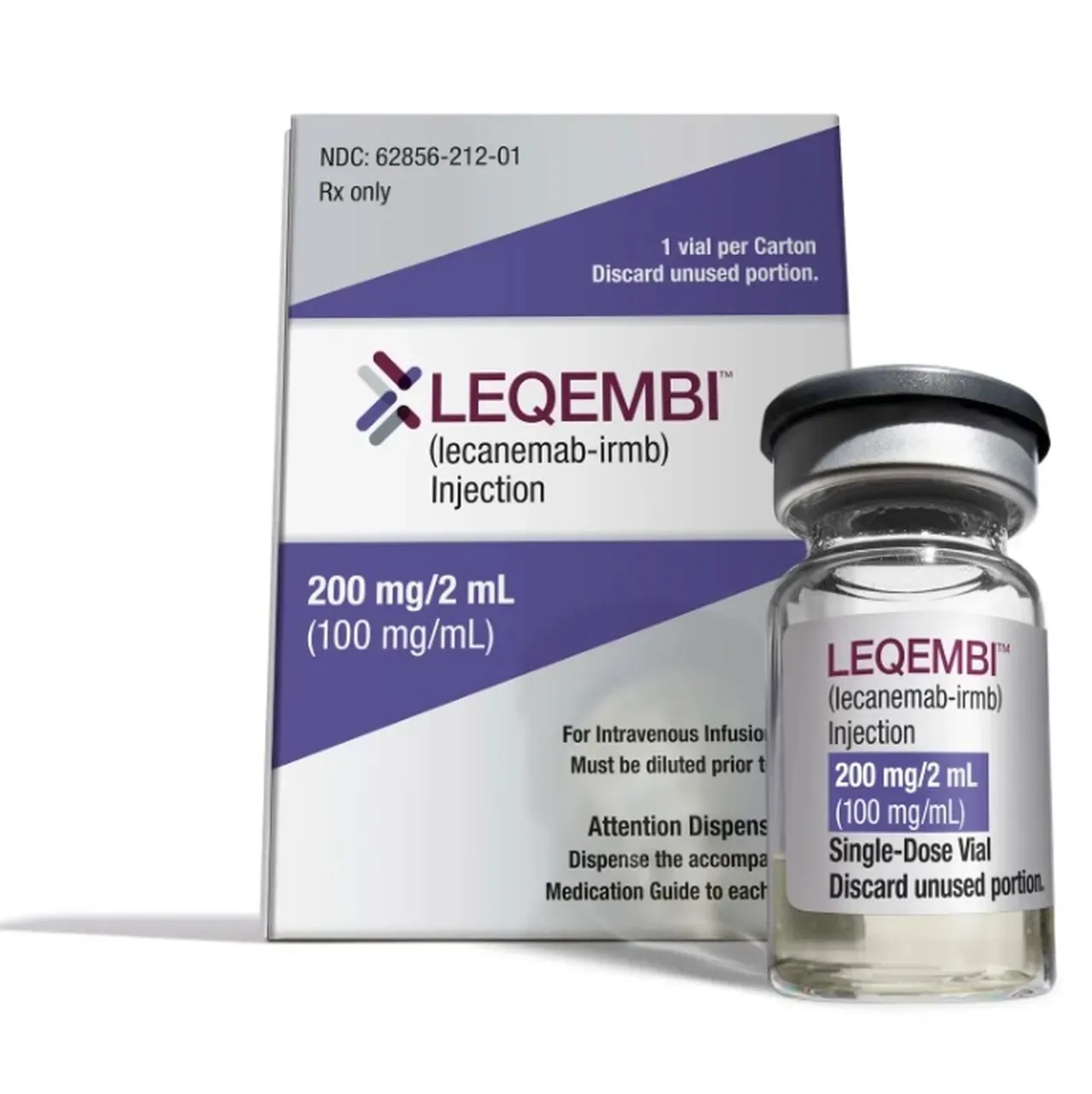My Alzheimer's Journey
Part 13 - Lecanemab Overview
During the past week, a lot of people have asked me about lecanemab. This is the medication I will be receiving by infusion every fourteen days starting October 14.
Lecanemab is an antibody medication used to treat early-stage Alzheimer’s disease. It works by removing beta-amyloid plaques, which are abnormal proteins that accumulate in the brains of people with Alzheimer’s disease.
Approved by the FDA in January 2023, Lecanemab is a tad controversial. Critics argue that the benefits may not outweigh the risks for many patients. Lecanemab can cause serious side effects, including brain swelling (ARIA-E) and brain hemorrhages (ARIA-H). In addition, there are significant infusion-related reactions. These reactions include, flu-like symptoms, nausea, dizziness, fast or slow heart rate, breathing difficulty, and changes in blood pressure. The high cost of the drug also raises questions.
Lecanemab and a similar anti-amyloid antibody drug, donanemab were developed based on the Amyloid Cascade Hypothesis. Essentially, this hypothesis is the accumulation of the beta-amyloid protein triggers other changes in the brain, leading to the development of Alzheimer’s disease. If the hypothesis is true, removing beta-amyloid plaques should slow the progression of the disease.
Participants in phase 3 clinical trials of lecanenab, showed a 27% slower cognitive decline compared with placebo. These results were after 18 months of treatment and measured by the Clinical Dementia Rating-Sum of Boxes (CDR-SB), which quantifies symptom severity across a range of cognitive and functional areas.
Some researchers have argued that these outcomes are modest and comparable to the effects of symptomatic treatments. Of course, treating symptoms doesn’t change the progression of Alzheimer’s disease.
Since lecanemab and donanemab efficacy is based on the Amyloid Cascade Hypothesis, if the hypothesis is proven untrue, then the research that led to the development of both drugs could be called into question. There is a group of researchers who see Alzheimer’s as a multigenetic and multifactorial age-related brain disease. Yet, most researchers still promote the amyloid-cascade, concluding that amyloid beta peptide is the key target in the search for an AD therapy. Clearly, many questions remain.
Lecanenab and donanemab are not an option for all AD patients. They are recommended only for patients at early disease stages, and people most at risk for ARIA (brain swelling and hemorrhages) should avoid them. My medical team at Duke Health put me through extensive cognitive assessments, a positron-emission tomography (PET) scan to look for amyloid in my brain that would help them diagnose my condition, and tests to determine whether I carry the gene variant APOE ε4, which increases the likelihood of brain swelling or bleeding.
Despite the tests that Duke Health, and most AD treatment centers, use to assess the risk of lecanemab and donanemab, some neurologists remain highly dubious of available anti-amyloid therapies, as well as of the hypothesis they’re based on: that amyloid is the root cause of the disease.
I trust the Duke Health team to provide accurate information regarding my treatment options. I have also read a lot of research about the risks and side effects of lecanemab and donanemab. I do not believe the medication is the only treatment I need. Instead, I believe diet, exercise, reducing stress, and continued mental stimulation are key parts of my overall fight to slow the progression of my AD.
I chose lecanenab for the following reasons:
Lecanemab targets soluble amyloid beta, while donanemab targets preformed amyloid plaques.
Donanemab may have a slightly higher risk of ARIA.
Studies show lecanemab may be more appropriate for patients with earlier-stage AD, like me.
I am willing to accept the potential risks. Especially, because I know Duke Health will take every precaution possible, including frequent MRI scans to monitor brain swelling and or hemorrhages.
My acceptance of the potential risks doesn’t negate my fear, though. I am scared shitless.


